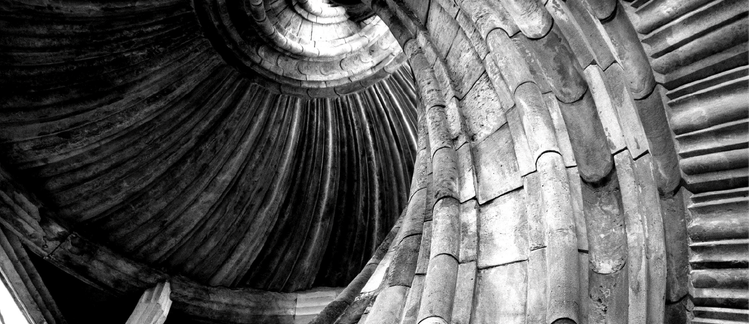Abstract
Here I will put forward the idea that the poems in Michael Symmons Roberts’ Drysalter present a reorganisation of the sacred. Given he is writing in what he understands as a post-secular age, the presence of the sacred is intimated in his text, and yet it is dispersed, non-hierarchical, immanent. That is to say Roberts presents a post-Enlightenment world that is already ruined, where the laws that in earlier times regulated the sacred are in a state of disintegration. In such a world it is not the case that the sacred has disappeared; instead it imbues what one might have considered to be its opposite: the profane. Rather than a future-orientated Parousia or Second Coming, Roberts is representing the sacred as inhabiting the realm of everyday things, the mundane and the familiar. This way of approaching the sacred deconstructs, in a sense, the more traditional (binary) opposition with the profane. Moreover, it is original in situating Roberts’ Drysalter in a theological and theoretical context that has, so far, not been given enough scholarly attention. By reading his collection through the lens of the sacred, my purpose is to show that, although there is no doubt an apocalyptic aspect to Roberts’ writing (one which reveals the subject’s condition as fallen, abject and without transcendence), his poems are by no means nihilistic. They offer us moments where the sacred might disclose itself, where meaning and a reenchantment of the world are reaffirmed.
How to Cite:
Wright, P., (2020) “‘Sunlit Now, We See the Devastation’: Apocalyptic Themes in Michael Symmons Roberts’ Drysalter”, Brief Encounters 1(4). doi: https://doi.org/10.24134/be.v4i1.168
Downloads:
Download PDF
View
PDF

